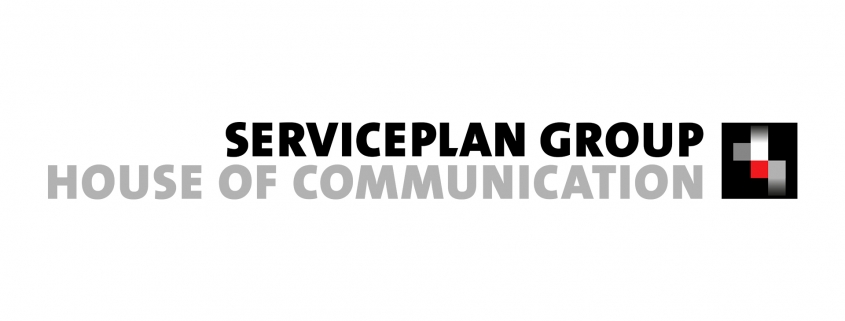- Ready for the social media firestorm: Good preparation for digital crises is important - 9. October 2018
- The mobile revolution in the digital universe - 1. October 2018
- Good relations are half the battle: The power of relationships and politics - 25. September 2018
- Digital Leadership: Four principles of digital brand building - 18. September 2018
- Digital Emerging Markets – The Era of Tweets, Likes and Uploads - 10. September 2018
- Split identity: How to avoid brand schizophrenia in the target markets - 4. September 2018
- Premium for everyone: Two factors that reinforce the trend towards premiumization - 28. August 2018
Digital “shitstorms” threaten brands all over the world if they hurt religious feelings, offend minorities or break political taboos through negligence. In some growth markets around the world, this risk is significantly higher than in Europe or the US because of greater cultural and religious diversity and countless local sensitivities, so that the number of stumbling blocks is greater from the outset. According to the Duden, a “shitstorm” is a “storm of indignation in a medium of communication on the Internet, sometimes accompanied by insulting statements”. Niklas Schaffmeister (Managing Partner Globeone) and Florian Haller (CEO Serviceplan Group) explain why crisis preparation should be part of the brand strategy in in international brand building – all details on that can be found in our new Springer publication “Successful brand building in the large emerging markets” (written in german).
One of the most spectacular storms of indignation of its kind was the public destruction of a Maserati Quattroporte in the eastern Chinese coastal city of Qingdao. The owner destroyed his luxury vehicle during a car show directly in front of the exhibition halls. The reason, in his opinion, was the poor customer service provided by the local dealer. The Qingdao Morning Post reported that the owner of the sports car was so angry because damage to one of the doors had not been properly repaired and the car dealer’s employees had left scratches on the luxury car. Maserati published a statement on Sina Weibo in which the customer’s decision to destroy a copy of this world-famous car brand “out of sensationalism” was described as “regrettable”.
A quick response is paramount – in case of need the CEO needs to step in
In May 2013, General Motors had to withdraw a global TV advertising campaign because of disrespectful references to China. The commercial was produced for the Chevrolet Trax SUV, one of the then newest models of the US car manufacturer. The lines went like this: “In the land of Fu Manchu, the girls all now do the Suzie-Q, clap their hands in the center of the floor, saying ching-ching, chop suey, swing some more.” When General Motors learned of this, the company reacted immediately and replaced the commercial with a new version without the insulting verses.
In March 2013, Chinese state television CCTV picked out the IT giant Apple and the German car manufacturer Volkswagen in its annual program on corporate misconduct. CCTV claimed that Apple did not offer the same services to Chinese customers as in other markets. VW was accused of using clutch transmissions in some vehicle types that occasionally lead to uncontrolled acceleration or braking. VW had to recall 384,000 vehicles. The company suffered a loss of reputation in its largest national market. The TV report also led to a comparable setback at Apple. Apple CEO Tim Cook personally apologized to Chinese consumers for the poor communication regarding the company’s warranty policy. Incidents of this kind show how important it is for foreign brands to be able to observe the social space closely and react quickly. Campaigns against foreign brands can cause serious damage, at least in the short term.
Protection: good relations and internal preparation are a good guard
As growth markets develop rapidly and become less and less dependent on foreign investment and technology, there is a growing likelihood that larger foreign companies will be targeted, partly through the use of social networks and micro blogger platforms. The best way to arm oneself against such campaigns is to build good relations with important authorities and associations, but also to build credibility as a friend of the target country by assuming social responsibility as a company. It is also important to keep an eye on weaknesses and prepare for PR crises through internal training and action plans. For the known reasons the focus must be on social media.
This page is available in DE




